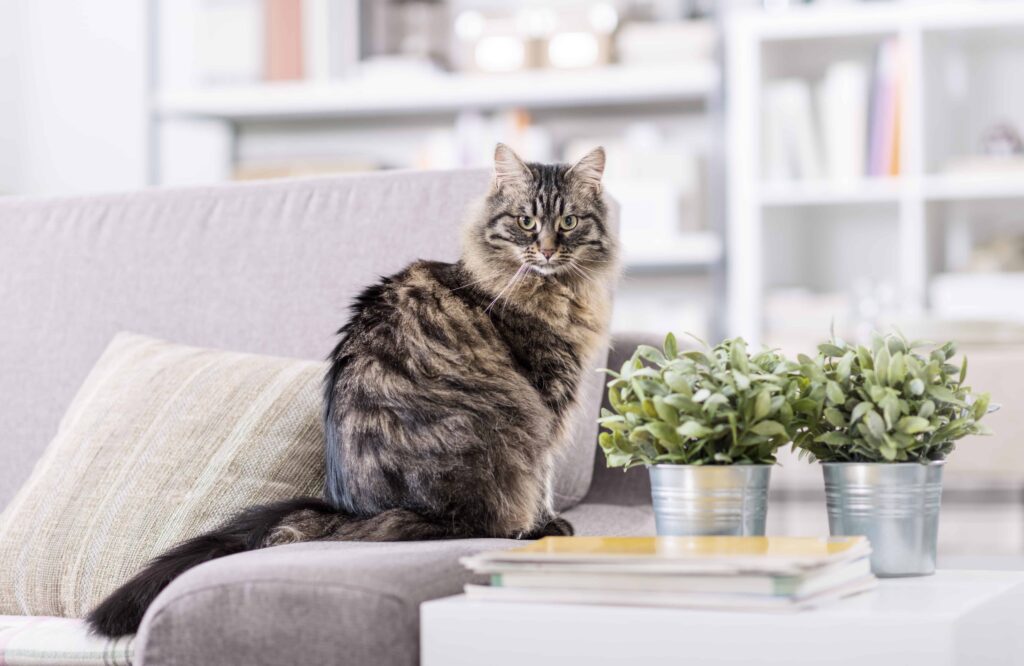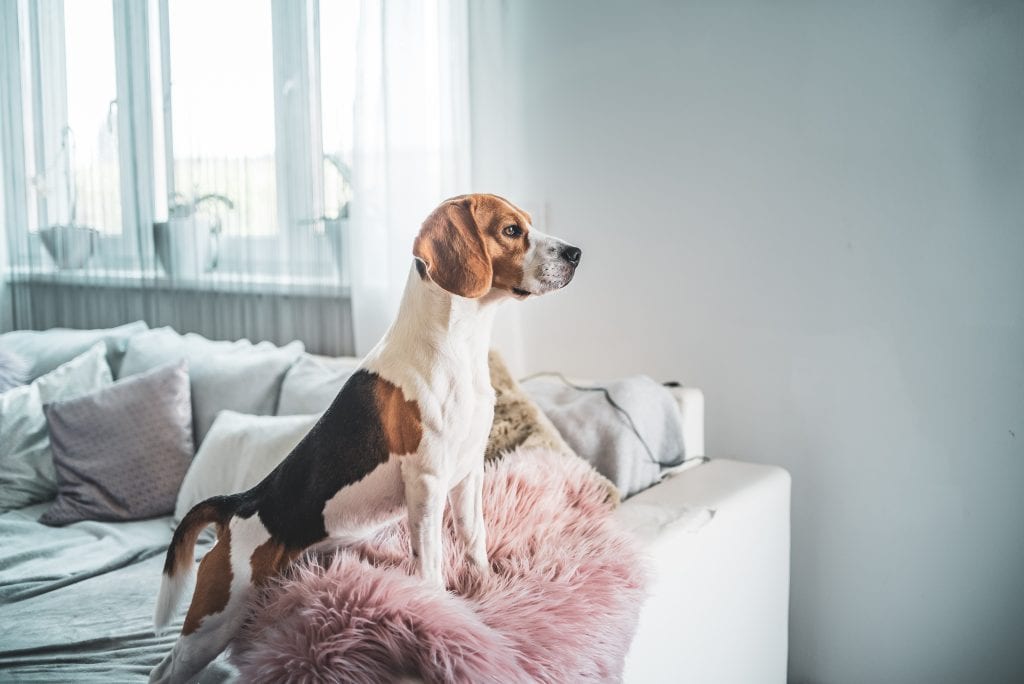THE ULTIMATE GUIDE TO OWNING AND CARING FOR PETS

The decision as to whether you Pet in your flat or house requires careful consideration and preparation. It is important to fulfil the animals' needs and provide them with a safe and comfortable environment. This guide to pet ownership and care contains important tips and advice on how to make your home pet-friendly.
Choose a suitable pet: Before you bring a pet into your flat or house, you should find out about the different types of pets and choose the one that best suits your lifestyle and living situation. Consider the size, activity level, care requirements and adaptability of the animal.
Create a safe area. Whether you live in a flat or a house, it's important to create a safe place for your pet. Keep fragile objects and toxic substances out of reach of animals. Make sure the power cord is securely fastened to prevent injury. Check that windows and balconies can keep pets out.
Set up rest and play areas: Pets need their own space to rest and play. Make sure your pet has a comfortable place to sleep that offers peace and security. Create a play area with toys and claws for cats and a climbing area for birds and rodents. Make sure these areas are well maintained and kept clean.
Care and cleanliness: Keep your home clean to protect your pet's health. Clean your pet's living area regularly, remove pet hair and dust and change litter trays and cat toilets regularly. Maintain good hygiene and use pet-friendly cleaning products to avoid harmful chemicals.
Exercise and activity time: Pets need sufficient exercise and mental stimulation. Take time to walk your dog or play with your cat. Play with your pet and give it different toys so that it doesn't get bored. Remember that every pet has different needs for exercise and activity.
Make sure your pet has regular veterinary check-ups and receives all necessary vaccinations and treatments. Keep your pet's health records up to date. If your pet shows signs of illness, don't hesitate to visit your vet. Early treatment often helps prevent more serious problems. Also ensure regular dental care, deworming and other preventative measures to keep your pet healthy.
Pay attention to the needs of your neighbours. If you live in a flat, it is important to respect the needs of your neighbours. Do not allow your pet to bark or cause excessive disturbance. To avoid conflicts, clarify all rules and regulations regarding pets in advance with your landlord or flatmate.
Socialisation and training: Pets need social interaction and training to feel comfortable and happy. Schedule regular walks, playtime and interactive activities to strengthen the bond. Invest time and effort in training your pet to encourage basic obedience and good manners. Be prepared for emergencies: It's important to be prepared for emergencies, especially in households with pets. Learn about pet first aid and get important contact information for your veterinarian and veterinary clinic. Also, don't forget to bring an emergency kit for your pet that includes food, water, medication and other essentials.
Owning and caring for pets or your home requires preparation, commitment and attention. By creating a safe environment, catering to your pet's needs and caring for their health and well-being, you can build a happy and harmonious relationship with your pet. Remember that each pet has unique needs, and tailor their care and attention accordingly to ensure a positive and fulfilling experience.

Give your pet enough attention and love. Pets not only need physical care, but also emotional care. Take time to play, cuddle and stroke your pet. Show him that he is loved and appreciated. This strengthens the bond between you and your pet and promotes its health.
Consider the needs of children and other pets: If you have children or already have other pets, make sure your new pet can interact well with them. Observe the first meeting carefully and give everyone involved enough time to get used to each other. Create a positive and harmonious environment in which everyone feels comfortable.
Nutrition and feeding: Feed your pet a balanced and healthy diet. Find the right type and amount of food for your baby's type and size. Follow the feeding instructions on the pack or ask your vet for advice. Feed regularly and always provide fresh water.
Company and occupation: Pets are social creatures and need company. If you work a lot or are away from home for long periods of time, consider adding a playmate as a pet, such as another dog or cat. Alternatively, consider a dog sitter or pet sitter to ensure your pet has plenty of socialising and activities.
Respect your pet's individuality: Every pet has its own personality, likes and dislikes. Respect this individuality and give your pet the space to express their unique identity. Observe their behaviour and body language to get a better sense of what they need and how they feel. Be patient and empathetic to build trust. The decision to bring a pet into your home requires careful consideration and preparation. By following these tips and advice, you can make your home pet-friendly and help your pet live a happy and fulfilling life with you. Remember that the time and effort you invest in the care and grooming of your pet will lead to a lasting and loving relationship.

